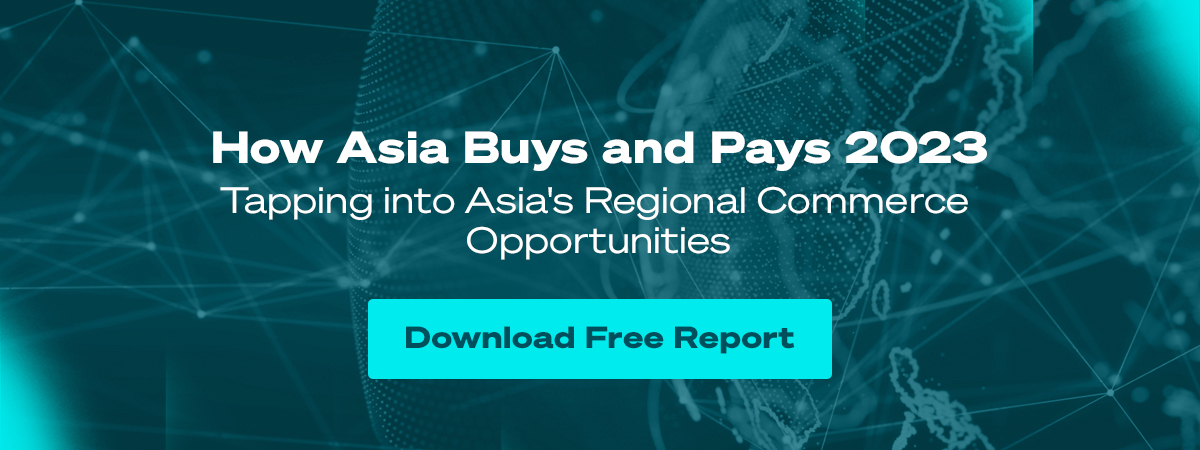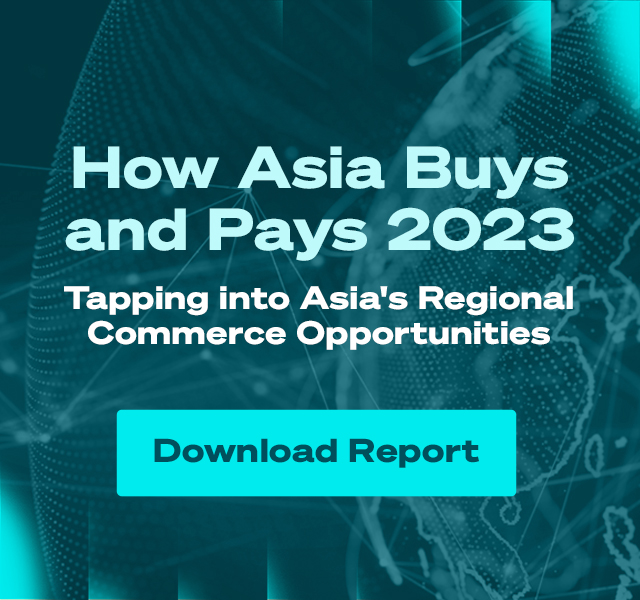
Pandemic Recovery: Revenge Travel and Tourism's Revival
COVID-19 has had a devastating impact on travel and tourism. Overseas vacations and business trips had to be cancelled or put on hold. Flying abroad became less and less achievable as borders closed to minimise the transmission of the virus.
But with an increasingly vaccinated population and a stronger healthcare infrastructure, pandemic restrictions began to cautiously ease and the airline industry is bouncing back strongly in many parts of the world.
Pandemic-weary consumers tired of being cooped up indoors for days on end have had enough. Their frustration has given rise to a new phenomenon: revenge travel. Sure, it’s a strange term, but it aptly describes the frenzied way many people are “exacting revenge” on COVID-19 by going on trips they were forced to miss and reuniting with their loved ones overseas.
Southeast Asia is well on its way to rebuilding its reputation as a tourism hotspot due to the revenge travel trend. Wanderlust-hungry vacationers are slowly returning to popular tourism spots such as Indonesia and Thailand.
In this article, we look at how travel-focused businesses and organisations across Southeast Asia respond to the revenge travel trend worldwide. Here’s who we will cover in this article:
- Asian Trails
- Snow City
- Koh Lipe
Asian Trails: Curating travel experiences across Asia
Established in 1999, Asian Trails is a curator of essential and unorthodox travel experiences across East and Southeast Asia. From journeying to the hill tribe villages of Chiang Rai in Thailand to cruising the crystal-clear waters of Indonesia’s Nusa Lembongan, Asian Trails expertly weaves itineraries for international travellers looking to get an authentic taste of the region.
The impact of COVID-19
However, when COVID-19 hit in 2020, Asian Trails could no longer plan holidays for overseas travellers. International arrivals dropped to all-time lows, forcing the operator to focus on niche markets and domestic travel to stay afloat during these turbulent times.
Building a digital strategy after COVID-19
The gradual relaxation of COVID-19 travel restrictions around the world has brought encouragement to Asian Trails. But the pandemic has driven unprecedented numbers of consumers into digital channels and online purchases. Asian Trails knew it must adapt to this new normal and embrace online and mobile channels in order to stay competitive.
Asian Trails has built a new, fully optimised online platform to sell its travel services. The company ensures that its sales channels remain available 24/7 and can swiftly respond to customer queries. The platform also integrated a digital payment gateway to give its customers a broader selection of payment methods.
Responding to new consumer trends
Asian Trails has responded to other emerging trends in the travel industry, including:
- Sustainable travel: Travel that protects and minimises its impact on the environment and addresses climate change.
- Seclusion travel: Exploring remote, away-from-it-all regions.
- Slow travel: Travel that emphasises a connection to local people, cultures, food and traditions.
Snow City: Winter wonderland in the tropics
Singapore’s first permanent indoor snow centre, Snow City offers travellers a cool and refreshing getaway from the blazing heat of the tropics without having to travel to a temperate country. Snow City is family-oriented, with attractions like the Arctic Snow playground, Snow Field, and Snow Slide designed to bring fun and joy to the whole family.
The impact of COVID-19
COVID-19 regulations in Singapore included capacity restrictions. These restrictions were volatile with many ups and downs, affecting Snow City’s ability to make plans and organise group bookings for schools, learning journeys, and team building programmes.
During this period, Snow City had to be flexible with its service scheduling. When group size restrictions shifted from five to two, the attraction responded by extending the validity of customers’ tickets. This allowed customers to return at a later date when group size restrictions eased.
Snow City also had to rethink its marketing strategy, coming up with campaigns that catered to two people. In a way, Snow City had to temporarily ‘rebrand’ itself as an entertainment centre for pairs instead of groups.
In addition to capacity restrictions, international travel constraints prevented overseas tourists from visiting Snow City. This severely impacted the company, as at least 60% of their visitors before the pandemic were tourists. Snow City thus has to adapt by tailoring its business to appeal to local Singaporeans in terms of packages and activities.
Building a digital strategy after COVID-19
Even before the pandemic struck, Snow City already had an online booking system. However, this system featured a legacy payment processor and lacked sophistication. This became especially apparent immediately after Singapore’s pandemic lockdown ended, and Snow City had to quickly set up time slot bookings. The existing system was ill-equipped to meet this need, prompting Snow City to reach out to 2C2P.
In addition to assisting Snow City with its online booking needs, 2C2P also set up a robust financial reporting system. According to Snow City’s financial department, 2C2P’s reports are detailed and easy to navigate. This data made it easier for them to locate specific transactions and issue refunds if necessary.
Following its technical enhancements, Snow City is better placed to respond agilely to the influx of returning tourists into Singapore, developing activities and campaigns to cater to overseas visitors and locals alike.
Responding to new consumer trends
Virtual reality (VR) is a simulated sensory experience similar to or completely different from the real world. With the global virtual reality market valued at $21.81 billion in 2021 and expected to grow at a CAGR of 15% from 2022 to 2030, VR experiences are a massive opportunity for tourism attractions. That’s why Snow City is exploring VR to expand its range of experiences, which it aims to launch in late 2022.
Despite its strong online presence, Snow City notes that many tourists do not purchase tickets via its website and instead do so spontaneously over the counter. This trend has continued to occur even though Snow City runs online promotions. In response, Snow City will continue to maintain physical counters to cater to this group of impromptu visitors.
Satun Province: Revival of the island region’s tourism industry
Satun is a province in southern Thailand that serves as the gateway to some of the most exquisite islands in the Andaman Sea, including unspoiled Koh Lipe. These islands are renowned for their pristine white beaches, dreamy turquoise waters, and rich marine life.
Tourism in this region has slowly revived following the easing of COVID-19 restrictions, inviting travellers from all over the world to return to this spectacular tropical paradise.
The impact of COVID-19
Before COVID-19, Satun enjoyed an accelerating visitor count that exceeded one million people in a season. The border restrictions imposed by the pandemic cut this number to virtually nil as tourists were prevented from travelling to Thailand.
Building a digital strategy after COVID-19
The tourism industry in Satun began to revive with the easing of COVID-19 border regulations. Local non-profit Nopchalermroj Foundation was at the forefront of local tourism support initiatives, working with the Satun Tourist Business Association, Satun Provincial Health Office, and Ministry of Public Health of Thailand to develop Test & Go and Sandbox quarantine-exempt programmes to gradually readmit tourists into the area.
The foundation also developed New Ultimate Experience (NUX), an app that assisted municipal officers and medical staff in their work to verify the COVID-19 records of tourists. This app is connected to customised smartwatches rented to tourists to track their health vitals during their stay in Koh Lipe. The watches' registration and rental service were managed by 2C2P, whose payment gateway solution allowed tourists to pay with any payment method.
Responding to new consumer trends
With sustainable travel growing in importance, the Thai government has built a BCG (Bio, Circular, Green) Tourism model to guide its tourism recovery efforts. In partnership with the Thai Organic Consumer Association (TOCA), the BCG Tourism model will connect tourists with restaurants and hotels that source organic ingredients from local farmers and adopt responsible waste management practices.
This initiative aligns with the country’s Second National Tourism Development Plan (2017-2021), where one of five key guiding principles is to “contribute sustainably”, which puts sustainable considerations at the heart of all tourism-related practices.
Reviving tourism, one traveller at a time
It’s genuinely heartening to see the tourism industry beginning to heal after suffering such a massive shock. With airlines, hotels, attractions, travel operators and governments working hand in hand to meet the demand of revenge travellers worldwide, the future looks brighter at last.
About 2C2P
2C2P is a full-suite payments platform helping businesses securely accept payments across online, mobile and offline channels, as well as providing issuing, payout, remittance and digital goods services.
With over 250 payment options ranging from credit cards to mobile wallets and an alternative payments network of more than 400,000 physical locations, 2C2P is the preferred payments platform of tech giants, airlines, online marketplaces, retailers and other global enterprises.
Want to take your business further with digital payments? Our friendly team is ready to help - talk to us today.

